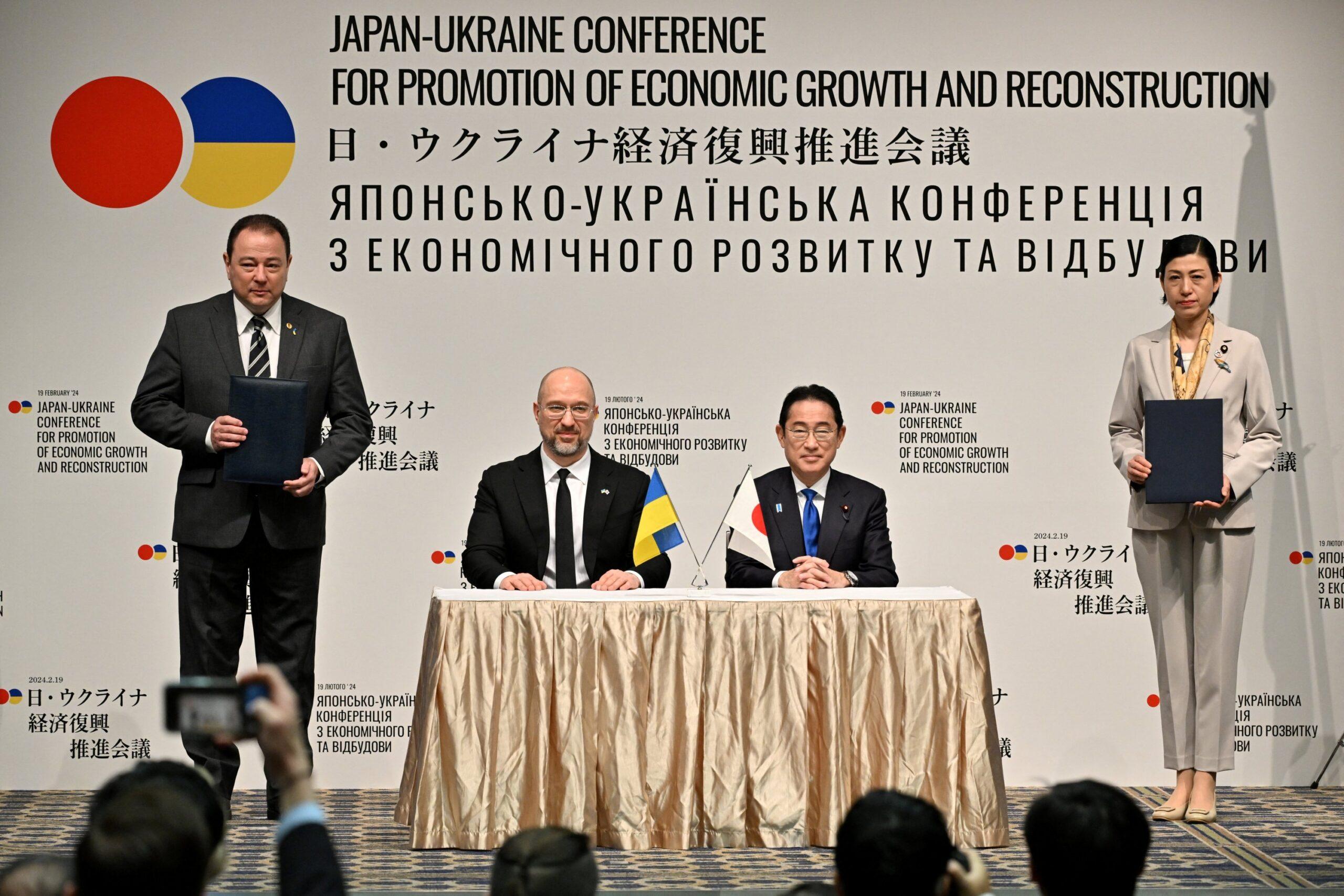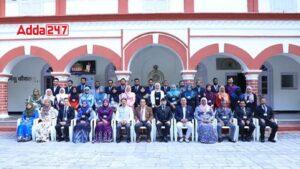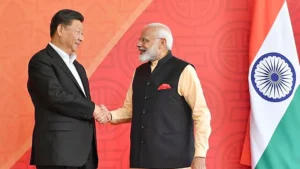As the two-year anniversary of Russia’s invasion of Ukraine approaches, Japanese Prime Minister Fumio Kishida has affirmed Japan’s commitment to Ukraine’s long-term reconstruction, labelling it as a strategic investment for the future. In a significant move, Japan, in collaboration with the Ukrainian government and various business organizations, co-organized a conference where Kishida outlined a vision for a comprehensive partnership between the two nations, emphasizing inclusivity, humanitarianism, and the sharing of technology and knowledge.
Investment for Ukraine’s Future
The conference highlighted the critical role of investment across various industries for Ukraine’s development, with more than 50 cooperation deals signed between Japanese and Ukrainian entities. A notable announcement was the establishment of a new Japanese government trade office in Kyiv, signifying a deepening of bilateral relations. Japan’s Foreign Ministry also disclosed a new aid package for Ukraine, amounting to 15.8 billion yen ($105 million), aimed at funding demining operations and crucial reconstruction projects in the energy and transportation sectors.
A Global Perspective on Support
Prime Minister Kishida framed the support for Ukraine as an investment not only in the future of the war-torn country but also as a contribution to global stability, including Japan. This perspective comes at a time when global attention has somewhat shifted due to ongoing conflicts elsewhere, such as in Gaza. Japan’s approach, focusing on economic reconstruction and support within its legal constraints against providing lethal weaponry, offers a contrast to the military-centric support from many Western nations.
Ukraine’s Vision for Reconstruction
Ukrainian Prime Minister Denys Shmyhal, leading a significant delegation, expressed gratitude for Japan’s support and highlighted the potential for transformative cooperation between the two countries. Drawing inspiration from Japan’s post-World War II economic recovery, Shmyhal outlined Ukraine’s strengths in agriculture, natural resources, and ambitions to become a digital and cybersecurity hub in Europe. He also called on Japanese automakers to consider establishing manufacturing bases in Ukraine.
Strengthening Bilateral Relations
The conference, a collaboration between the Japanese and Ukrainian governments, Keidanren (Japan’s influential business federation), and the Japan External Trade Organization (JETRO), underscores a mutual commitment to economic growth and reconstruction. The joint communique from the conference reaffirmed Japan’s long-term support for Ukraine’s economic stability and the importance of maintaining stringent sanctions against Russia. Initiatives such as revising a bilateral investment pact and easing travel restrictions for Japanese business visitors to Ukraine were announced, reflecting a deepening of economic and diplomatic ties.
Japan’s National Security and International Solidarity
The support for Ukraine also resonates with Japan’s national security concerns, especially given the region’s geopolitical tensions and the threat posed by China’s military assertiveness. Kishida’s stark warning that “Ukraine today could be East Asia tomorrow” highlights the broader implications of Japan’s stance against unilateral aggression and its advocacy for international law and solidarity. Foreign Minister Yoko Kamikawa emphasized the uniqueness of Japan’s solidarity approach, contrasting it with the military assistance provided by countries like the United States.



 NCGG Completes 34th Training for Maldivi...
NCGG Completes 34th Training for Maldivi...
 India-China LAC Agreement: What this mea...
India-China LAC Agreement: What this mea...
 Israel Joins Asian Development Bank (ADB...
Israel Joins Asian Development Bank (ADB...

